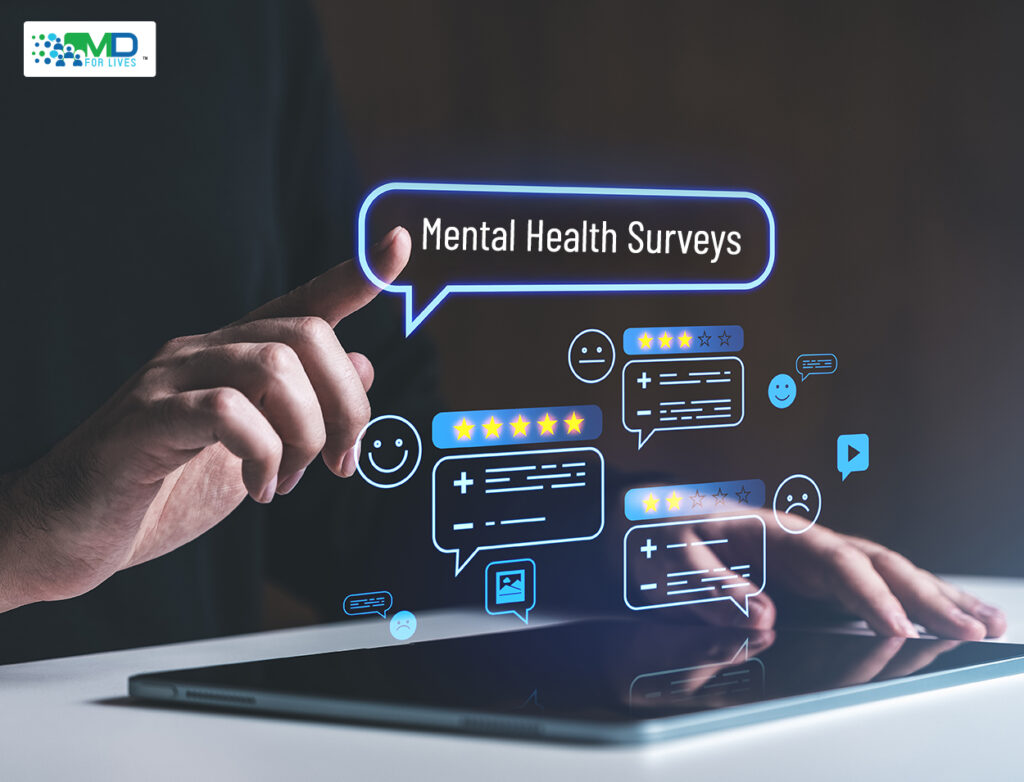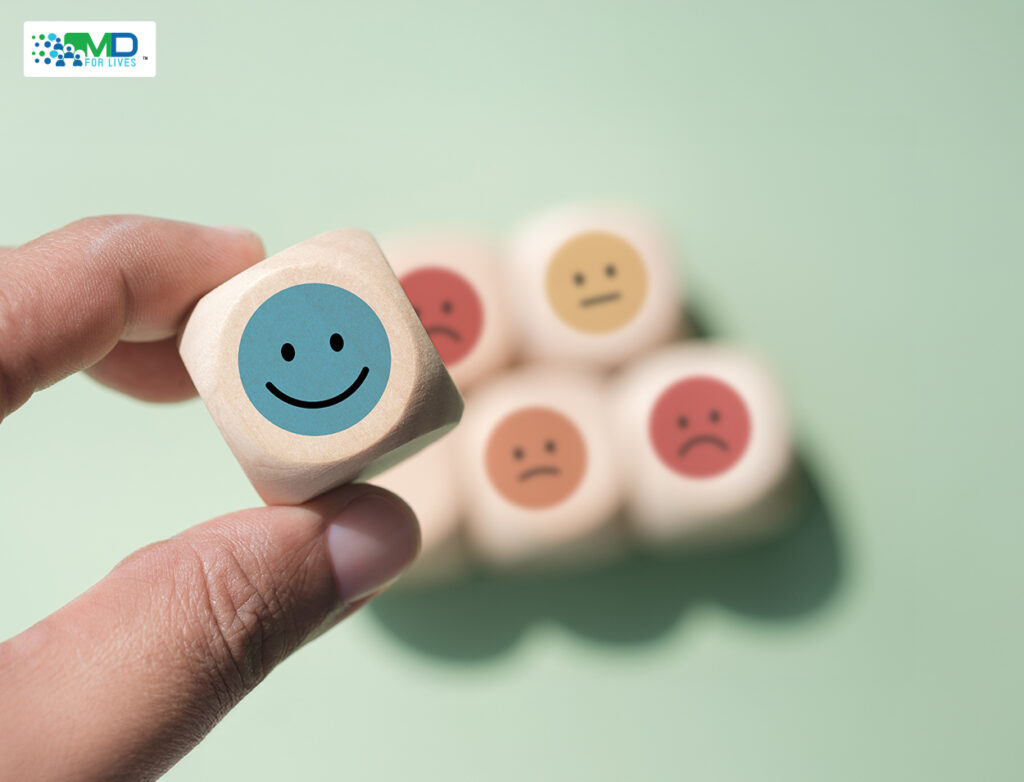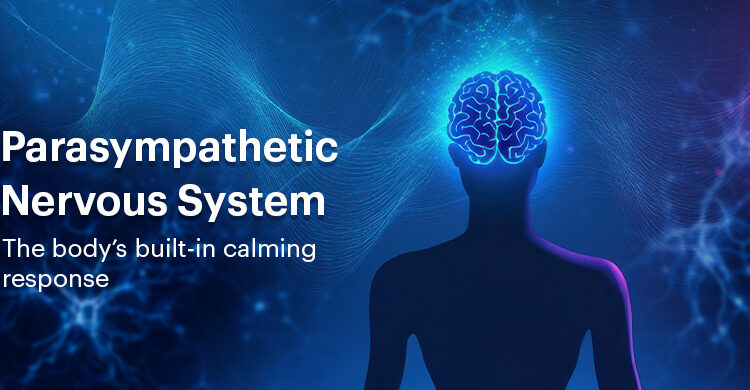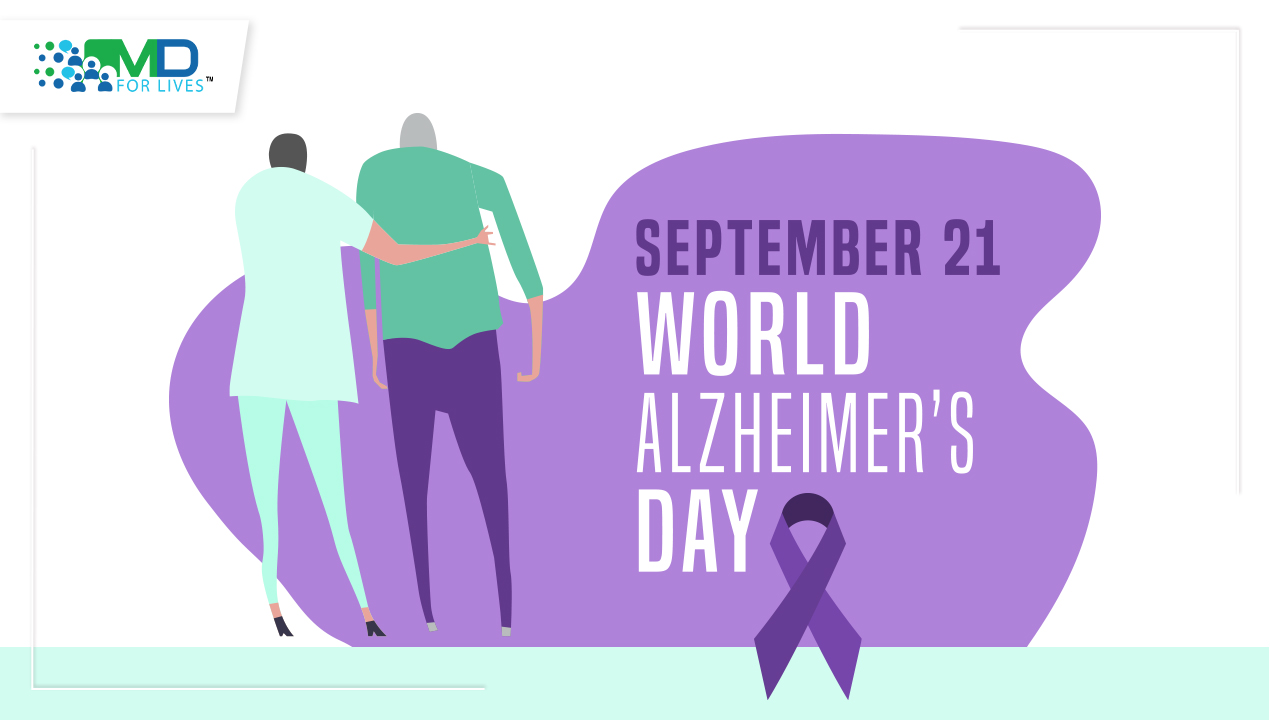Living with a mental health condition isn’t just about diagnosis; it’s a deeply personal journey. And when you take part in mental health surveys, you’re doing something powerful – helping improve care, reduce stigma, and support others on a similar path. Even though mental health affects millions, too many still feel unseen or misunderstood.
But your story matters. In fact, your lived experience holds incredible power. It can help shape how mental health care is delivered across the world.
That’s why participating in mental health surveys through paid patient surveys can be both healing and impactful. By simply sharing your experiences, challenges, and perspectives through these surveys, you can help improve treatments, guide future research, and contribute to mental health awareness – all while being fairly compensated for your time.
Why Mental Health Patient Perspectives Are Crucial
In today’s healthcare environment, decisions are no longer made solely by doctors behind closed doors. Researchers, therapists, and policymakers are now listening to real patient stories – people like you – so they can create support systems that reflect what’s actually needed in everyday life.
Here’s why your input is so critical:
- Traditional clinical trials measure only objective data, symptoms, and outcomes. They fail to capture the human experience of treatment, what it is like to live with depression, anxiety, PTSD, or bipolar disorder on a daily basis.
- Taking a mental illness survey or completing a mental health awareness questionnaire helps fill that gap by providing information about what works well, what isn’t working, and what support is still needed.
- Whether it’s managing side effects of medications more effectively or pointing out areas where access to therapy is lacking, the information obtained from mental health patient surveys helps build care systems that are more compassionate, inclusive, and effective.
When patients speak, the system listens. And when more people like you choose to share, it pushes mental wellness forward for everyone.
What Are Paid Mental Health Surveys
Wondering what paid patient surveys are, and how they actually work? You’re not alone. Many people are surprised to learn how simple and secure these surveys are. At their heart, they’re about your story – told on your terms, and often anonymously. And yes, they come with the added benefit of compensation.

Here is what you can expect:
- These mental wellness surveys are usually taken online, completely anonymous, and concentrate on your experiences with mental health services, medications, therapies, and everyday life.
- Mental health surveys are conducted by nonprofit organizations, healthcare research groups, academic institutions, or companies focused on mental health that want to improve their services.
- You are not required to be a clinician. Your lived experience as someone who currently or formerly lived with mental health conditions is precisely the information that researchers are seeking.
- Topics can range from how well therapy is working to how easy (or hard) it is to access care in your area.
Your responses make a real difference in building more human, patient-centered solutions. And yes, you’ll be compensated for your time, because your story, your perspective, and your time all matter.
Types of Mental Health Surveys Available
Mental health surveys come in all forms, depending on your condition and what researchers hope to learn. Here are some common themes you can expect if you are willing to participate:
1. Depression and Anxiety Management
These surveys explore how you manage common symptoms like fatigue, overthinking, or mood swings. They may ask about self-help tools, medications, lifestyle changes, or therapy techniques that work for you.
2. Therapy and Medication Experiences
Your personal experience with therapy, whether it’s CBT, DBT, group counselling, or something else, can provide valuable input for improving how treatments are delivered. Sharing how medications affect your day-to-day life, including side effects or challenges in sticking to a plan, helps shape better care for others in similar situations.
3. Daily Coping Mechanisms and Support Systems

Journaling and art, conversations with friends, or mindfulness apps, documenting what works for you in coping each day offers real value to mental health researchers.
4. Access to Mental Health Services and Barriers
These mental health surveys can be designed to ask questions like how fast you got an appointment, whether therapy was affordable, or if there was stigma in your community. They shine a light on systemic issues.
5. Post-Treatment Experiences and Long-Term Impact
Many people continue to experience after-effects of active treatment. These surveys focus on what happens after treatment; whether you’ve relapsed, stayed stable, or found new ways to maintain wellness. Your insight helps researchers understand what lasting recovery really looks like.
How to Get Involved
Ready to share your story? Here’s how you can start participating in paid mental health surveys – safely, confidently, and on your own terms:
1. Find a reputable survey platform
When seeking out reliable platforms dedicated to healthcare market research, consider exploring options that prioritize credibility and integrity, such as MDForLives.
Our platform is designed to connect you with in-depth insights and robust data, ensuring you make well-informed decisions in the evolving healthcare landscape.
2. Register and Create a Profile
Just share some basic demographic details (like age, gender, and location) and share a little about your mental health journey – no names or sensitive documents needed.
3. Wait for Eligibility Screening
You will receive surveys based on your profile. An email or app notification will inform you whenever a suitable survey is available. You may also keep an eye on your dashboard to see if there are any mental health surveys available.
4. Start Taking Surveys
Most mental health patient surveys take about 5 to 20 minutes. Most of them involve multiple-choice questions, and some may have a mix of objective and subjective type questions. Take them at your own pace, but make sure you answer honestly.
5. Get Paid
You will be compensated once you submit a survey. The method and frequency of payment may vary; it could be deposited into your bank account, sent via PayPal, or given as e-gift cards, points or coupons that can be redeemed for rewards (this solely varies from one platform to another).
The Emotional Value of Sharing Your Story
Many participants express that the process is healing beyond just receiving compensation. Hearing someone’s story and understanding it, even anonymously, holds great power. Knowing that one’s pain and triumphs can help improve care for others in different situations is significant.
Transforming pain into purpose means that your fears can inspire real change. Even when silence is acknowledged, it becomes a call for support.
Participating in a mental health awareness survey contributes to reducing stigma. By taking part, you communicate to others that they are not alone and that they are not broken; rather, they are part of a broader community that is growing stronger together.
Important Things to Keep in Mind
While sharing your experiences can be rewarding, it’s just as important to take care of yourself along the way. Here are a few tips to protect your peace and privacy:
- Protect Your Peace: If any reflection feels too intense – emotionally, feel free to pass. Trust your instincts.
- Don’t Skip on Privacy Policies: Always verify how your data will be stored and if the survey will be conducted anonymously.
- Stick to What You Trust: Do not click on random links or self-proclaimed platforms that don’t have proper descriptions in their privacy policy or company background. Platforms like MDForLives are trusted because they prioritize patient safety, privacy, and ethics.
Remember, your well-being comes first.
Final Thoughts: Your Voice Can Make a Difference

Your journey with mental health is important not only to you but also to those working to create more compassionate and effective care systems. By sharing your story through mental health surveys, you are contributing to a future where individuals feel more supported, less judged, and better understood.
Mental health surveys can transform your experiences into something powerful, helping others while also rewarding you for the time, energy, and insights you’ve shared.
Join MDForLives today and begin participating in confidential and meaningful surveys that compensates you for being yourself. Healing, growth, and impact can all start with your voice.
FAQs
-
How much can I earn by taking part in mental health surveys?
Payment varies based on the type and length of the survey. You’ll always be informed beforehand, and payment is meant to fairly reflect your time and input. It’s a small way to value the insight only you can provide.
-
Will I need to share sensitive personal or medical information?
In no case. Surveys generally pertain to your experiences and opinions and not identifiable medical records. The platforms maintain anonymity and confidentiality of your response in case of any reputable one.
-
How do I know if a survey platform is trustworthy?
Look for sites with HTTPS encryption; review privacy policies and conditions on payment methods; and read what others are saying in the reviews. Platforms such as MDForLives can be trusted due to their healthcare-specific focus.
-
Who can take part in mental health patient surveys?
If you’re living with, or have lived with, a mental health condition, you likely qualify. These surveys are open to a wide range of people, and some may be designed for specific conditions, age groups, or experiences.
-
Will my identity remain private during these surveys?
Yes. Legitimate surveys never require your real name unless absolutely necessary, and that too only with your permission. Surveys are typically anonymous and designed to protect your personal information.

MDForLives is a global healthcare intelligence platform where real-world perspectives are transformed into validated insights. We bring together diverse healthcare experiences to discover, share, and shape the future of healthcare through data-backed understanding.






